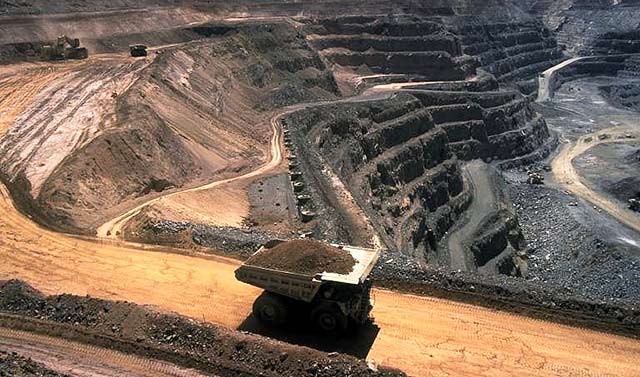A transition from conventional to renewable energy is likely to have ‘severe’ impact on Odisha – the largest coal producing state in India – predicts a study published by the National Institute of Public Finance and Policy (NIPFP), New Delhi.
The working paper ‘Deep De-carbonisation and Regional Equity’, released by two researchers from IIT Delhi’s School of Public Policy, has also cautioned Jharkhand and Chhattishgarh, the two other major coal producing states in India, about a similar situation if alternatives were not worked on by the respective governments from now.
The study makes the case that decarbonisation of India’s electricity sector and shift away from coal and thermal power towards renewable sources of energy could enhance the economic inequality that exists between states in India.
As coal mines and thermal power plants shut down, these three states might have to purchase electricity from states in the western and southern parts of the country that are rich in solar and wind energy. The expenditure on power and infrastructure may push higher their budget deficits (adding an estimated 8.66 per cent to combined deficits of the renewable energy-poor states), the paper says.
The phasing down of coal will take 30 to 40 years, so it’s not an immediate concern. The state now earns some Rs 40,000 crore from other minerals, compared to which coal is only a minor fraction
Sangram Keshari Swain | Special Secretary, Steel and Mines Department
According to Provisional Coal Statistics of the Union Coal Ministry, Odisha in 2022-23 recorded the highest coal production in the country with a volume of 218.98 million tonnes (MT), accounting for 25 per cent of total coal production for the year. The state was followed by Chhattisgarh (184.85 MT), Jharkhand (156.44 MT) and Madhya Pradesh (146.02 MT).
The coal produced in Odisha falls almost entirely in the non-coking category, the type of coal used specifically for power generation. With some 30 operational coal mines (most of them operated by Mahanadi Coalfields Limited), Odisha has been among the top three coal-producing states for almost a decade now. But as the research shows, this advantage may turn into a disadvantage given the rapid mobilisation towards renewable energy like wind and solar.
Furthermore, 71 per cent of unexplored coal reserves are distributed across the three states of Odisha, Chhattisgarh and Jhakhand, the researchers say. As coal extraction has been pre-dominantly a government operation, the road to renewable energy could be bumpy because it’s mostly private corporations that are leading in that front.
As per the coal inventory data provided by Geological Survey of India (2022), Odisha has the highest ‘total’ coal reserves (measured plus inferred) in the country at 88,104.61 million tonnes. In the process of transition, the state stands to lose all potential revenue from these sources. That amount could be significant as Odisha had collected Rs 2700.21 crore in royalty from coal companies in 2022, as per the information given by Union Minister of Coal, Mines and Parliamentary Affairs Pralhad Joshi in a Lok Sabha reply in April, 2023.
However, Sangram Keshari Swain, Special Secretary Steel and Mines Department, says the impact won’t be that severe. “The phasing down of coal will take 30 to 40 years, so it’s not an immediate concern. The state now earns some Rs 40,000 crore from other minerals, compared to which coal is only a minor fraction,” he says.
Swain says tough there has been no definite government study on the consequences of the shift away from coal, “as a mineral-rich state, Odisha has much more potential for mineral-based industrialisation other than coal.”
When asked about coal reserves, he says, ”It’s up to the Central government to take decision to use the mineral or not.”
Odisha’s coal conundrum, in that way, is reflective of the larger question facing all developing nations like India; which on one hand have growing economies with soaring energy demand and on the other hand feel the need and pressure to swiftly transition to renewable energy.
- Atri Prasad Rout, OP
